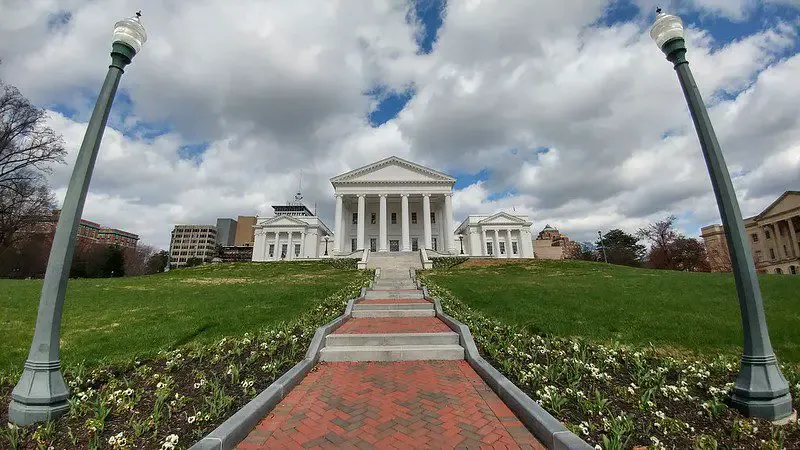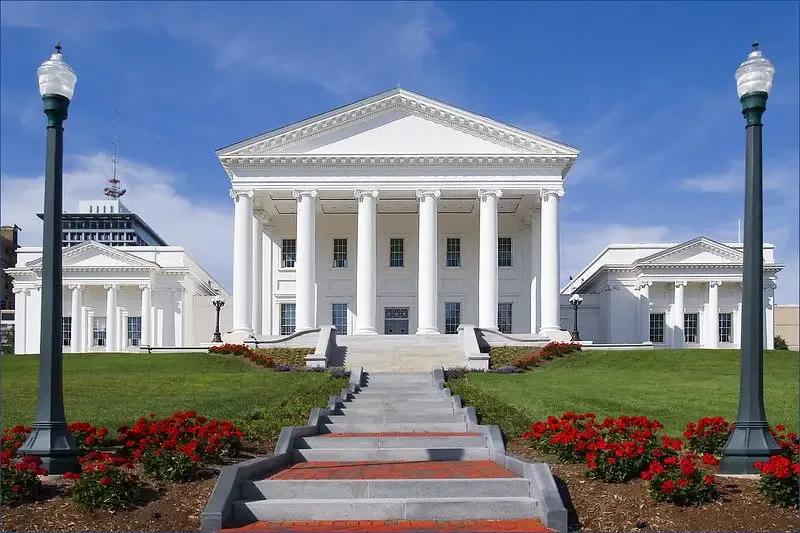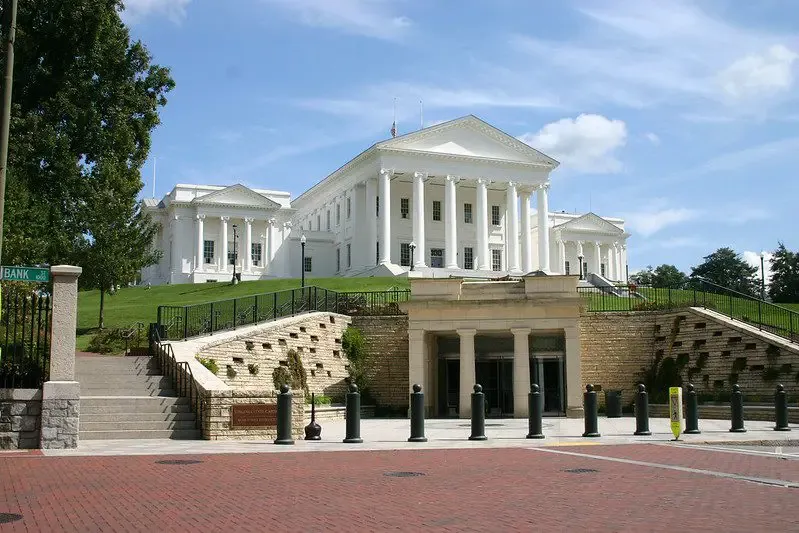General Assembly 2021 — Government — Ralph Northam — Ghazala Hashmi — Joe Morrissey — Janet Howell — Siobhan Dunnavant — Chap Petersen
Virginia Senate passes legislation that would require school districts to offer in-person learning option




